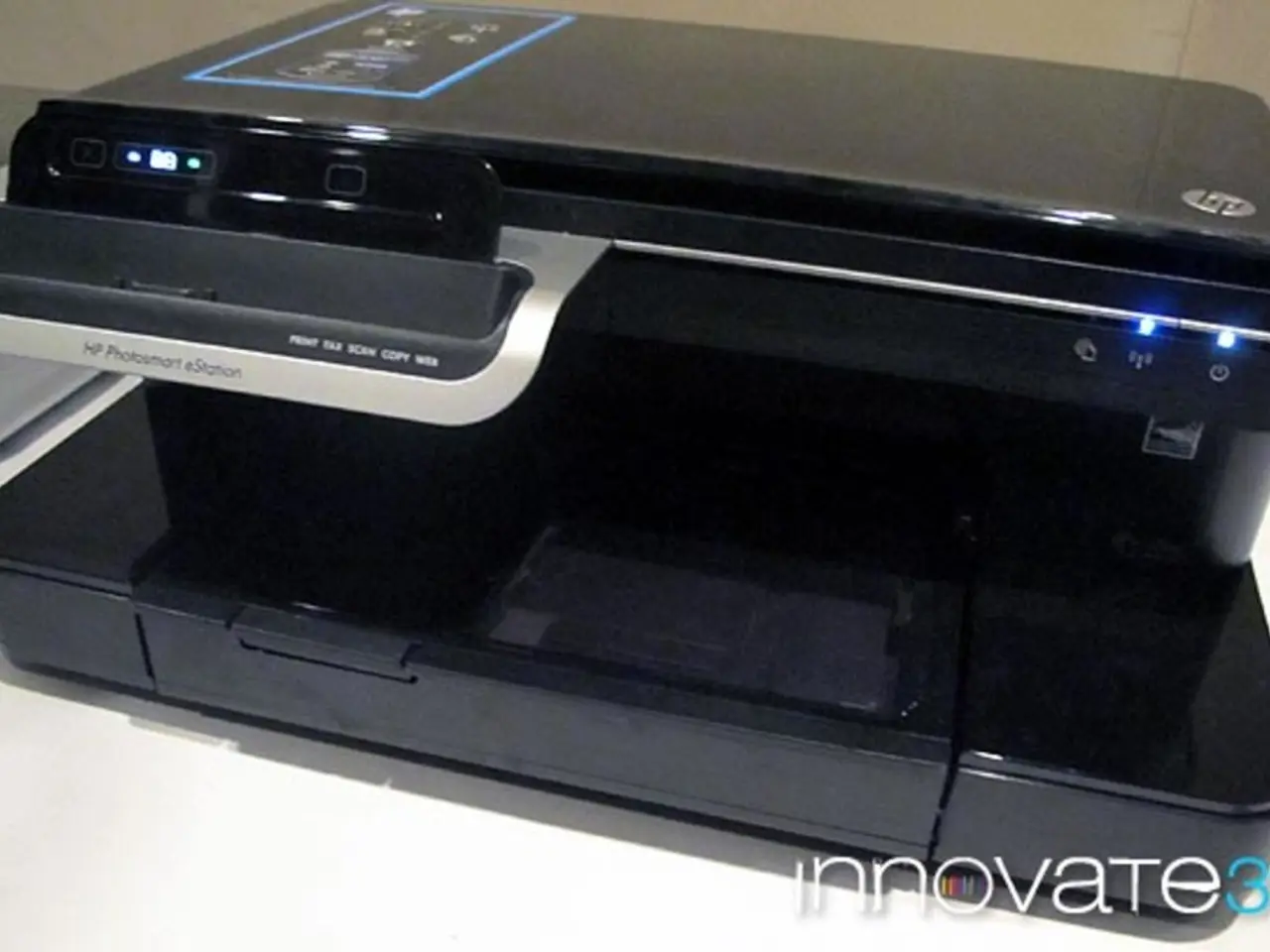App creation timeline: Duration required to develop a mobile application
In the digital age, mobile apps have become an essential part of our daily lives. But have you ever wondered how long it takes to develop an average mobile app? This article aims to shed light on the mobile app development process and the factors that influence its timeline.
Typically, mobile app development can take anywhere between 2 to 12 months, with the duration depending heavily on the app's complexity, platform choice, and development team structure.
Simple apps, such as basic utilities or informational apps, can be developed in around 2 to 4 months. Mid-level apps, like social media, e-commerce, or productivity apps, might take around 4 to 8 months. Complex apps, such as marketplaces, games, or enterprise solutions with advanced features like AI or AR, can take 8 months to over a year to develop.
iOS app development often takes 4-6 months due to stricter App Store compliance and native technologies. Android development can take 3-5 months, but might require extra time for device fragmentation testing. Cross-platform development frameworks like Flutter or React Native can reduce development time by 30–40% due to code reuse, though some platform-specific adjustments might still be needed.
The mobile app development process generally follows these key stages:
1. Requirement Analysis & Planning (1–4 weeks): Understanding business goals, target users, feature prioritization, and regulatory considerations.
2. UI/UX Design (3–8 weeks): Designing wireframes, mockups, and prototypes for the user interface and ensuring a seamless user experience.
3. App Development: - Frontend Development: Building the app’s user interface and client-side features using technologies appropriate for the platform. - Backend Development: Creating server-side logic, databases, APIs, and integration with frontend and third-party services.
4. Quality Assurance & Testing (2–6+ weeks): Testing includes functional, usability, performance, compatibility, and regression testing to ensure smooth operation and bug fixes before launch.
5. Deployment & Integration (1–4 weeks): Publishing the app to app stores, configuring backend systems, and integrating necessary services.
6. Post-launch Support & Maintenance: Ongoing updates, bug fixes, and feature enhancements based on user feedback and evolving requirements.
Testing and QA can take 3 to 6 weeks, with extra time for complex apps requiring regression and device testing. MVP (Minimum Viable Product) versions can sometimes be developed and launched within 3 months, focusing on core features to validate the product early.
Delays often stem from scope changes, poor planning, regulatory hurdles, and experience level of developers. A clear app outline, vision, and a dedicated budget are recommended before starting the development process. Research is a crucial step in mobile app development that allows for optimization of all subsequent steps and steers the project in the right direction, ideally taking 2 to 3 weeks.
In summary, the development time and process are highly influenced by the app’s intended complexity and features, with structured phases from ideation through post-launch support to ensure a high-quality product aligned with business goals. The software development stage, lasting 3 to 6 months, is the longest and most significant stage in mobile app development. The mobile app development timeline consists of detailed phases that involve research, careful planning, and software development, making it a comprehensive and meticulous process.
- The software development stage, which involves careful planning, building the app's user interface and server-side logic, testing for smooth operation, and integrating necessary services, typically lasts between 3 to 6 months and is the longest and most significant phase in mobile app development.
- The mobile app development timeline, made up of detailed phases that include research, requirement analysis, UI/UX design, app development, quality assurance, deployment, and post-launch support, is a comprehensive and meticulous process that can take anywhere between 2 to 12 months, with the duration depending heavily on the app's complexity, platform choice, and development team structure.




